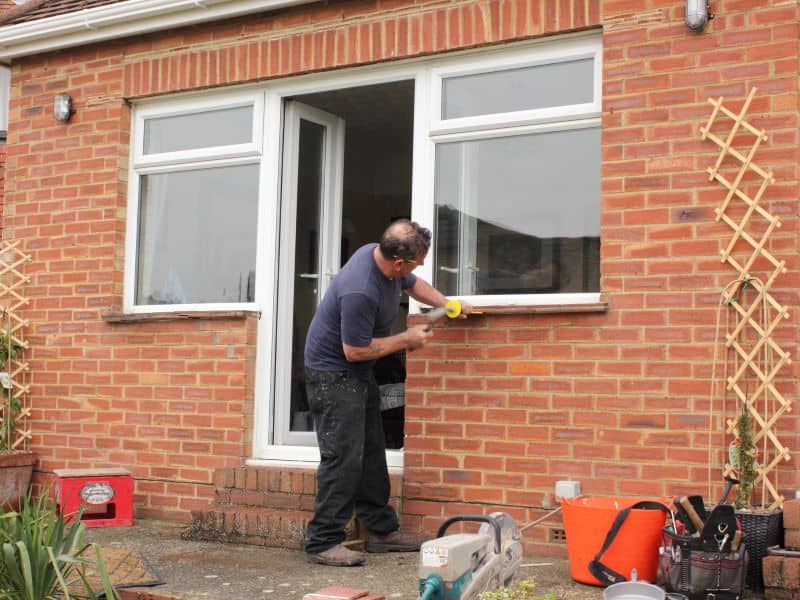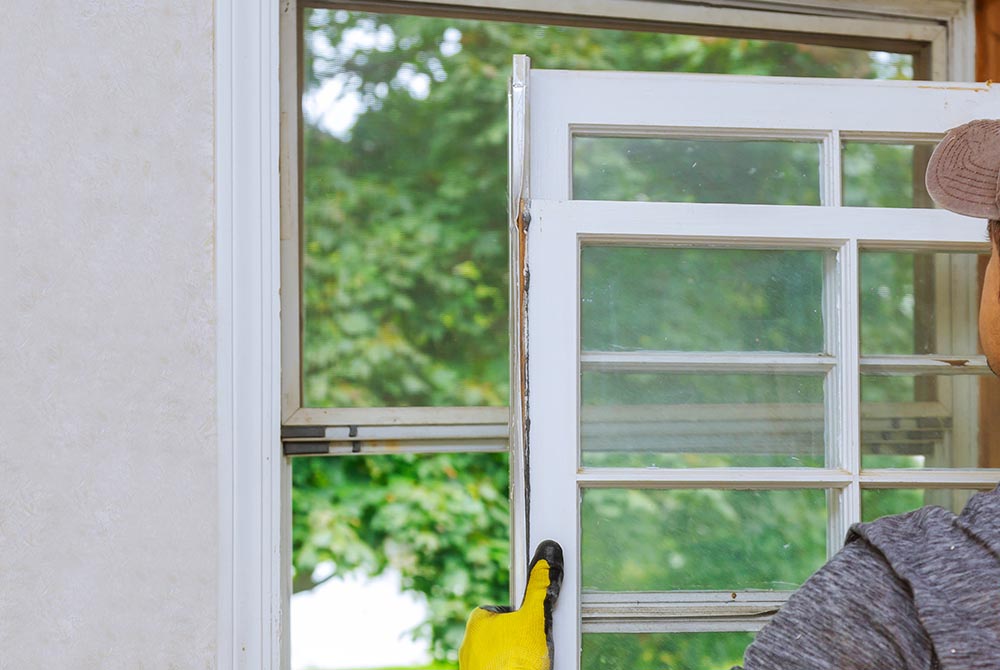Top Houston Window Replacement Experts for Your Home
Top Houston Window Replacement Experts for Your Home
Blog Article
Upgrade Your Home With Energy-Efficient Window Substitutes
In the world of home enhancement, the choice to update to energy-efficient window substitutes can considerably influence both the performance and appearances of a home (Houston Pella windows). As home owners look for means to boost the performance and sustainability of their space, the choice of windows plays a pivotal role in attaining these goals. Beyond the surface level of plain aesthetics, energy-efficient home windows use a multitude of advantages that surpass plain visual charm. With a cautious selection process that thinks about various factors, from glass kinds to setup strategies, starting this home upgrade trip might show to be a transformative undertaking.
Benefits of Energy-Efficient Windows

The installation of energy-efficient windows offers substantial cost savings on energy costs while enhancing ecological sustainability. Energy-efficient home windows are designed to reduce heat loss and gain, lowering the need for home heating and cooling systems to burn the midnight oil. By effectively insulating the home, these home windows assist keep a comfortable indoor temperature year-round, resulting in reduced power consumption and decreased utility expenses. Additionally, energy-efficient home windows can aid control moisture degrees within the home, reducing the threat of mold and mildew and mold development.
Past the economic benefits, energy-efficient windows contribute to environmental sustainability by reducing carbon emissions related to energy production. By lowering energy usage, these home windows help minimize the environmental effect of lights, home heating, and cooling residential spaces. This reduction in power intake plays an essential role in combating climate adjustment and advertising a greener future for generations ahead. On the whole, purchasing energy-efficient windows not just enhances the comfort and efficiency of a home but likewise lines up with eco mindful methods.
Kinds of Energy-Efficient Glass
Numerous innovative types of energy-efficient glass deal one-of-a-kind buildings that satisfy different needs and preferences in improving the sustainability and performance of buildings. Low-emissivity (Low-E) glass is a preferred alternative created to minimize the amount of ultraviolet and infrared light that can go through the glass, therefore reducing warm transfer. This type of glass assists maintain a constant interior temperature level, decreasing the need for heating or cooling systems, and ultimately decreasing energy prices. An additional innovative choice is spectrally discerning glass, which permits noticeable light to travel through while obstructing particular sorts of infrared radiation. This aids in keeping a comfy interior setting while lessening warmth gain. Triple-pane glass, including three layers of glass with insulating gas in between them, offers enhanced thermal insulation, making it highly energy-efficient. Furthermore, self-cleaning glass with a special layer that breaks down and loosens up dust when subjected to sunlight can lower upkeep requirements and maintain windows looking clean. Each kind of energy-efficient glass offers unique benefits, permitting homeowners to pick one of the most ideal choice based on their specific requirements and goals.
Variables to Think About When Picking
When considering energy-efficient window substitutes, it is necessary to meticulously evaluate details elements that align with your sustainability objectives and wanted power savings. One critical aspect to take into consideration is the home window's power performance scores, such as the U-factor and Solar Warm Gain Coefficient (SHGC) The U-factor steps just how well the home window protects, with reduced numbers showing far better insulation, while the SHGC suggests the window's capacity to obstruct warm from sunshine. Additionally, the window structure material plays a significant function in power efficiency. Products like fiberglass, vinyl, or timber with thermal breaks are exceptional options for reducing warmth transfer. An additional important factor to consider is the window design and alignment worrying sunlight exposure. Selecting the right window design and purposefully placing them can maximize natural light while reducing warm gain or loss. click here for more info Finally, installment top quality is essential to making certain the windows perform as intended. Proper installation aids avoid air leak, making sure optimum power effectiveness. By very carefully reviewing these factors, you can pick energy-efficient home windows that boost comfort, lower power prices, and benefit the atmosphere.
Installment and Upkeep Tips

Routine maintenance is key to preserving the efficiency of your energy-efficient windows. Examine the home windows periodically for any type of indicators of damages, sealant, or wear degeneration. Tidy the frames, tracks, and glass consistently making use of mild soap and water to get rid of dust and crud that can impact efficiency. Check the weather-stripping and seals for any kind of splits or spaces and replace them if required to preserve the windows' power effectiveness.
In addition, lubricate relocating components such as joints and locks to ensure smooth procedure. By following these installment and upkeep pointers, you can enhance the power performance of your home and extend the lifespan of your energy-efficient home windows.
Cost-Benefit Analysis of Updating

Energy-efficient home windows are made to decrease heat transfer, reducing the need for heating and cooling down systems to work go overtime. This can result in considerable cost savings on energy expenses, especially in areas with severe temperature levels. In addition, energy-efficient windows can improve the overall worth of your home, making it extra appealing to prospective buyers if you choose to offer in the future.
When determining the cost-benefit analysis, aspect in the prospective financial savings on energy expenses, any available rewards or discounts, and the life-span of the home windows. While the preliminary price might be higher, the lasting cost savings and benefits of energy-efficient windows make them a smart investment for home owners aiming to boost their building's energy efficiency and value.

Conclusion
To conclude, upgrading to energy-efficient home window replacements uses countless benefits such as lowered energy usage, increased comfort, and cost savings. By picking the proper kind of energy-efficient glass and taking into consideration factors like structure material and installation, home owners can make best use of the effectiveness of their home windows. Normal upkeep and proper installment are important for lasting performance. Generally, the cost-benefit evaluation of upgrading to energy-efficient windows reveals that the initial financial investment can lead to substantial cost savings over time.
When considering energy-efficient home window replacements, it is important to meticulously evaluate details factors that line up with your sustainability goals and preferred power savings. The U-factor steps just how well the home window shields, with lower numbers indicating much better insulation, while the SHGC suggests the home window's capability to obstruct warm from sunshine. By meticulously reviewing these factors, you can select energy-efficient windows that improve comfort, minimize power prices, and profit the atmosphere.
While energy-efficient home windows might have a greater in advance expense contrasted to conventional home windows, the lasting advantages often surpass the preliminary financial investment.In conclusion, upgrading to energy-efficient home window official website substitutes offers many advantages such as minimized power intake, enhanced comfort, and expense savings.
Report this page